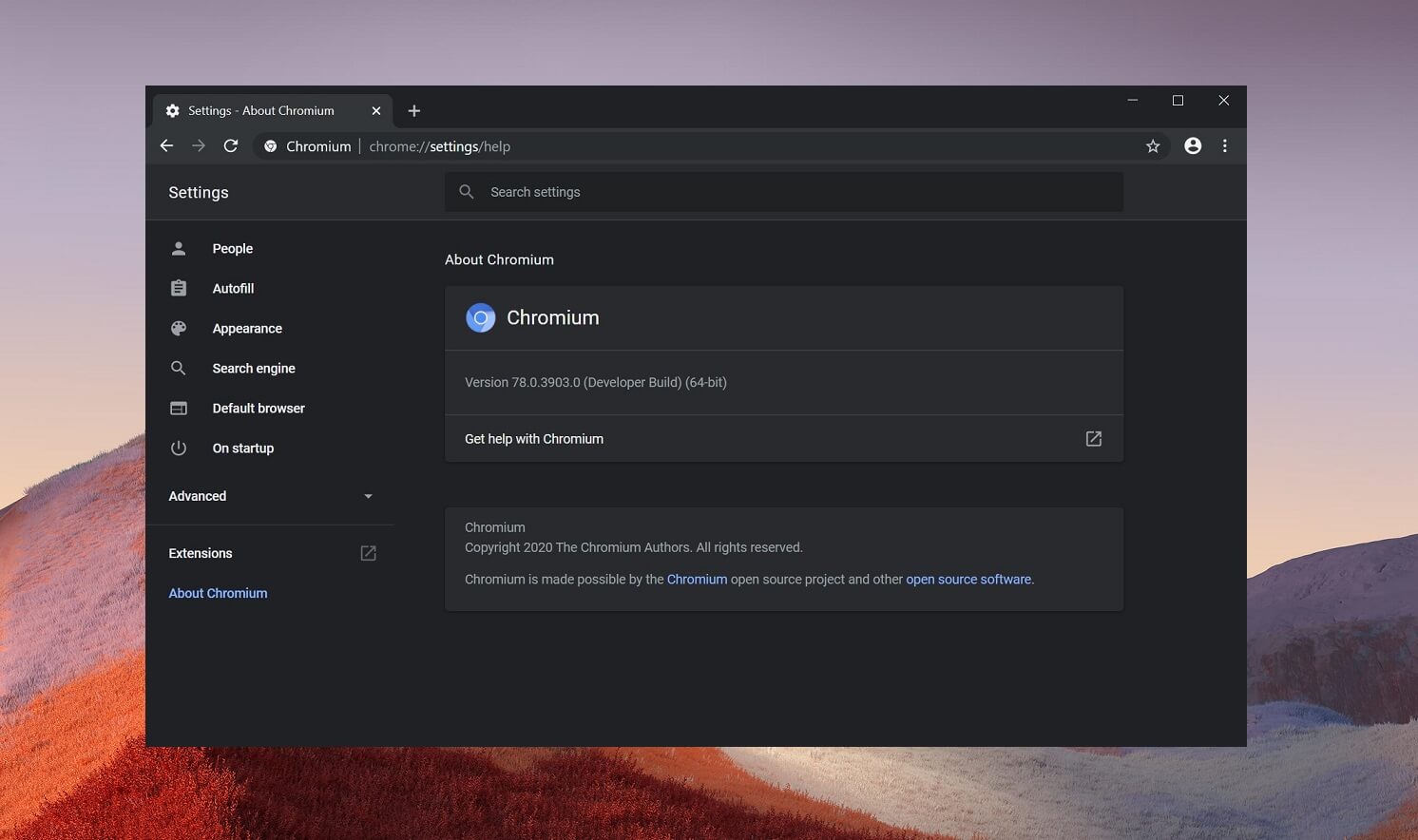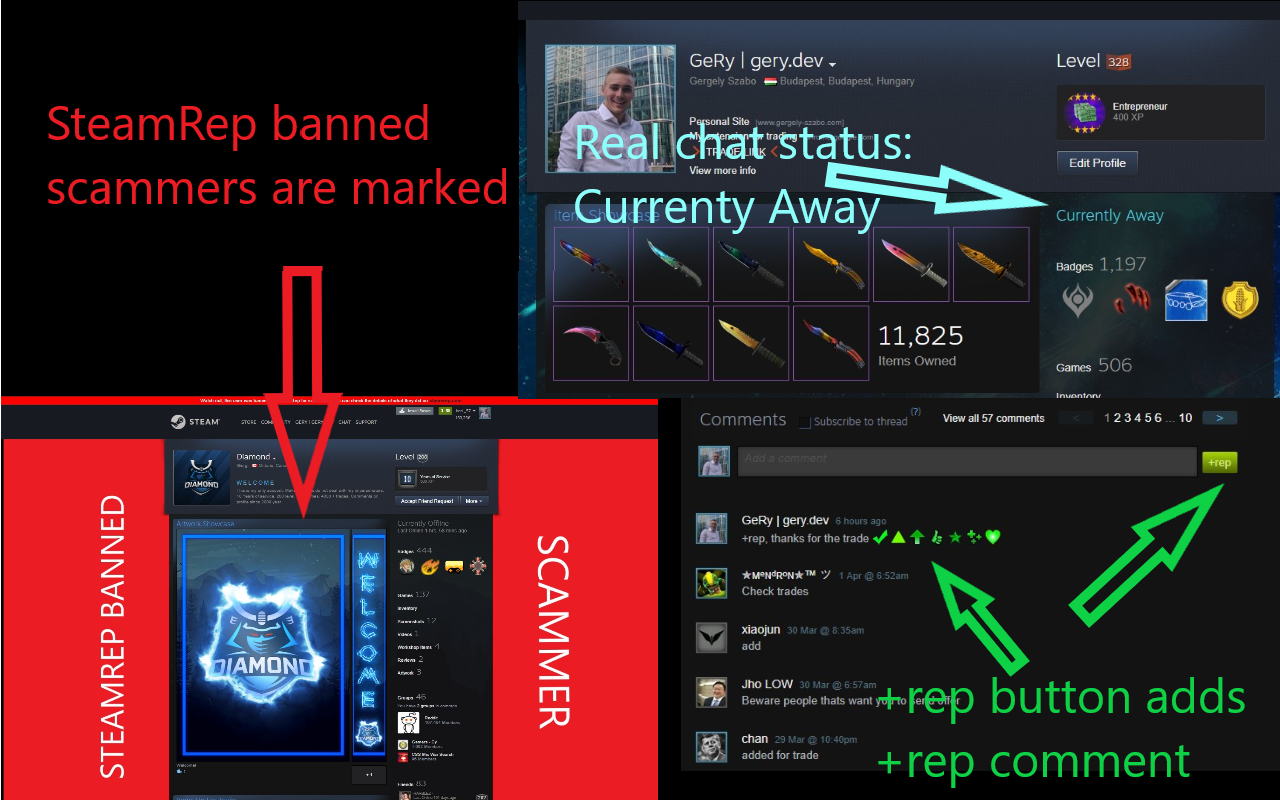
This is a good thing of course, as it is removing road blocks that unnecessarily complicate and make extension support less reliable. It just means that the implementation of extension support doesn't have to account for all these historical quirks, incorrect assumptions in the logic, etc. Once all those changes are upstreamed, every Chromium-based browser won't gain extension support just by picking up the changes, they must still develop their own implementation. The changes being upstreamed are fixes to things that are weird and wrong and make it more difficult to implement support for extensions in a Chromium-based browser, not the implementation itself. No other approach can replicate the control or reading of that issue is that there is no new functionality being upstreamed, no UI, and no API. The most secure way to run a browser is with a default deny-allow exceptionally policy, and uMatrix makes that very easy to administer and provides a great level of granularity - and it requires no filter lists, third party or otherwise, making it a lightweight solution to boot. But even with respect to blocking, nothing really does what uMatrix does, that I've tried at least. There are a few extensions beyond blocking that have become indispensable to me on the desktop and I simply would not use a browser without them in that environment.
UNGOOGLED CHROMIUM WEB STORE ANDROID
I've been very pleased with the Android browser, and I guess those few years of waiting and never really feeling at home with any browser I tried only served to increase my appreciation when Vivaldi Android became available as a public beta. Our patience with the Vivaldi dev team in the past has been rewarded with rather stable and complete initial releases when we do get our requests fulfilled.
UNGOOGLED CHROMIUM WEB STORE CODE
I may want to make a change to something but haven't looked at the code in years, when my skills & thinking, and technology, were different that practice makes it easy to pick up the code and start working.Īgreed, Vivaldi now has a baseline of blocking to help protect the user's privacy and security. They shouldn't describe what you're doing, the code should be written such that the how & what your doing is clear comments document any interfaces and explain *why* your doing something or why it's being done that way.Ģ0+ years later and I still write my code like this, even for personal scripts. One west coast MNC I worked for liked to sat your code should be half comments. Even there, comments and other forms of code documentation were essential to making your code maintainable, by yourself or whomever would have that task I'm the future. I'm not a programmer by profession, the code I used to write for pay was mostly state modeling and automation, on the QA side of the development process. I think that having tracking and adblocker included, apart from using Blokada and Quad9 DNS, privacy is already covered, at least in a basic way as far as possible in an OS controlled by Google.Naturally it is desirable to be able to add more filters as in Vivaldi Desktop and use other extensions, but for the moment and in view of the obvious difficulties, at least I have patience I appreciate the note and am happy that it has been said in Support Extensions: I just wanted to take the time to express my thanks for you taking the timeīitte schoene. But important bugfixes have been backported to said in Support Extensions: Samsung and Opera are also using v77 of Chromium like Kiwi does. If "their" Chromium is heavily customized integration will be hard.ītw.

If "their" Chromium is nearly identical to the main Chromium the integration will be easy. The final integration times in other projects - like Vivaldi, Kiwi, Yandex, Samsung browser - depends on "their" forked Chromium. So the rumor goes that both teamed-up and the Samsung Browser wants to gain extension support as well. The first commit comes from a Samsung address. But there are 400-600 snippets of those allocated along the whole project.Īnd it's not just the Kiwi developer involved. If not it is regression and will be fixed.Īnd from the readings in the Chromium issue in most cases it's simple a fix, e.g.

I think you are simply wrong in most of your assumptions.īringing the code to Chromium means it will be reviewed, all coding and documentation guidelines have to be met before it will be finally submitted.Īll future changes to Chromium will be made compliant to this feature.


 0 kommentar(er)
0 kommentar(er)
